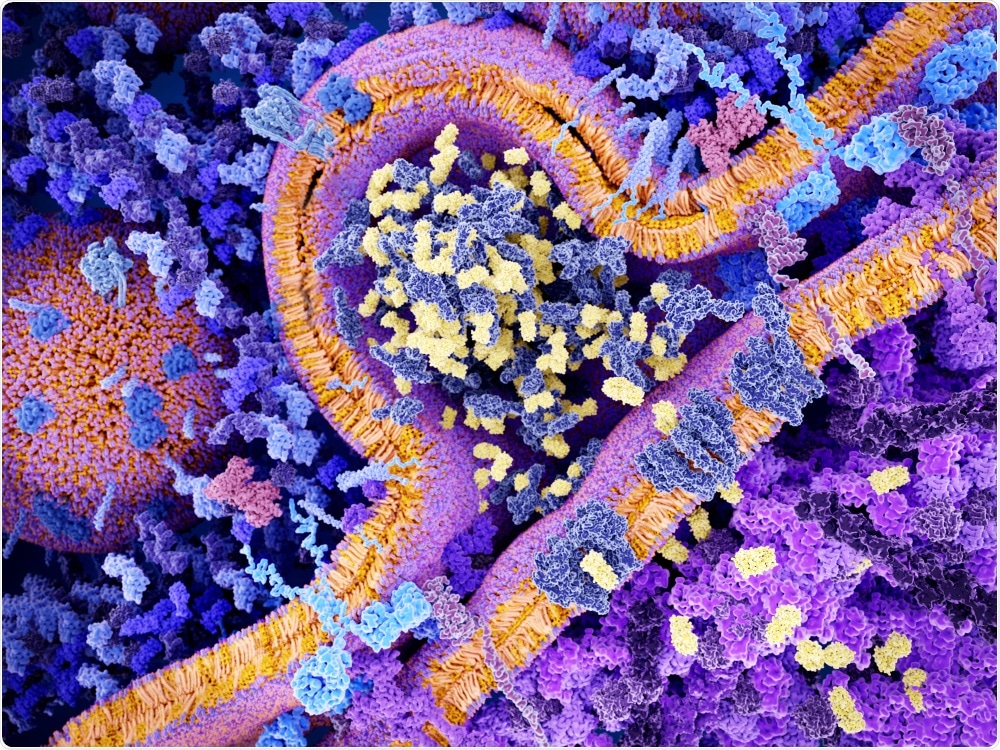Researchers at the University of Pennsylvania have made a new discovery about a rare mechanism that triggers the relapse of acute lymphoblastic leukemia (ALL) after CAR T cell therapy.
 Image Credit: Juan Gaertner / Shutterstock
Image Credit: Juan Gaertner / Shutterstock
The study, which was recently published in the journal Nature Medicine, has explained how a single leukemic cell became resistant to the therapy.
In one patient who was administered the therapy, the CAR lentivirus that usually binds to a T cell and induces it to target cancer, also bound to a leukemic cell.
This gave the leukemic cell the ability to avoid the therapy by masking a protein called CD19 that is usually targeted by CARs to destroy cancer cells.
Leukemic cells that do not express CD19 on their surface are able to resist CAR T cell therapy, so the binding of CAR to the leukemic cell in this patient’s case, led to relapse.
In this case, we found that 100 percent of relapsed leukemic cells carried the CAR that we use to genetically modify T cells.”
Dr. Marco Ruella, Lead Author
This relapse mechanism provides important evidence that due to the delicate and complex manufacturing process, any slight variation can have an impact on patient outcomes, Ruella adds.
The patient, who had very advanced leukemia, received the therapy as part of a clinical trial conducted in 2016.
The finding follows another case where, essentially, the opposite occurred.
In a patient with chronic lymphocytic leukemia, a single CAR T cell multiplied to fight off the disease and this led to remission.
We learn so much from each patient, in both success or failure of this new therapy, that helps us improve these still-developing treatments so they can benefit more patients.”
Professor Joseph Melenhorst, Senior Author
Although this is a single case, it is still incredibly important, adds Melenhorst: “This can help us refine the intricate processes required for manufacturing CAR-T cell therapy to ensure the best chance of long-term remissions."